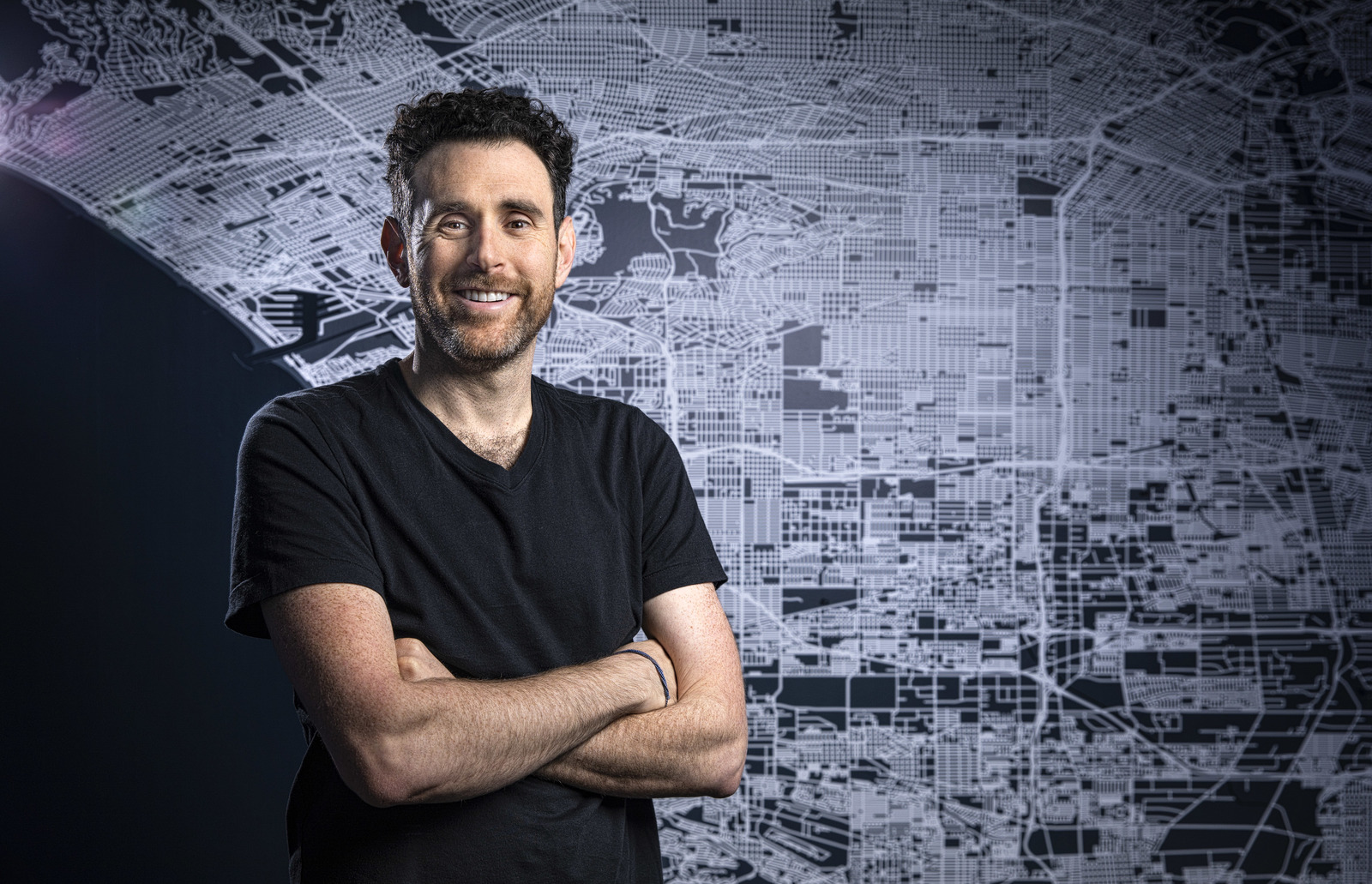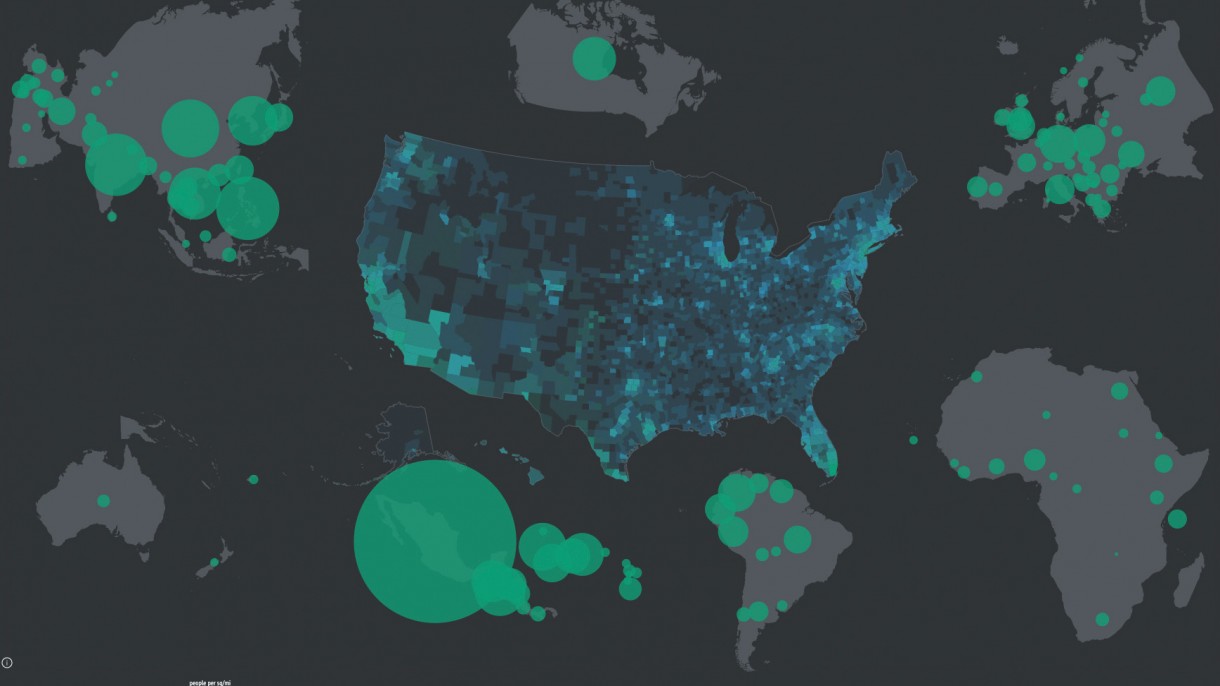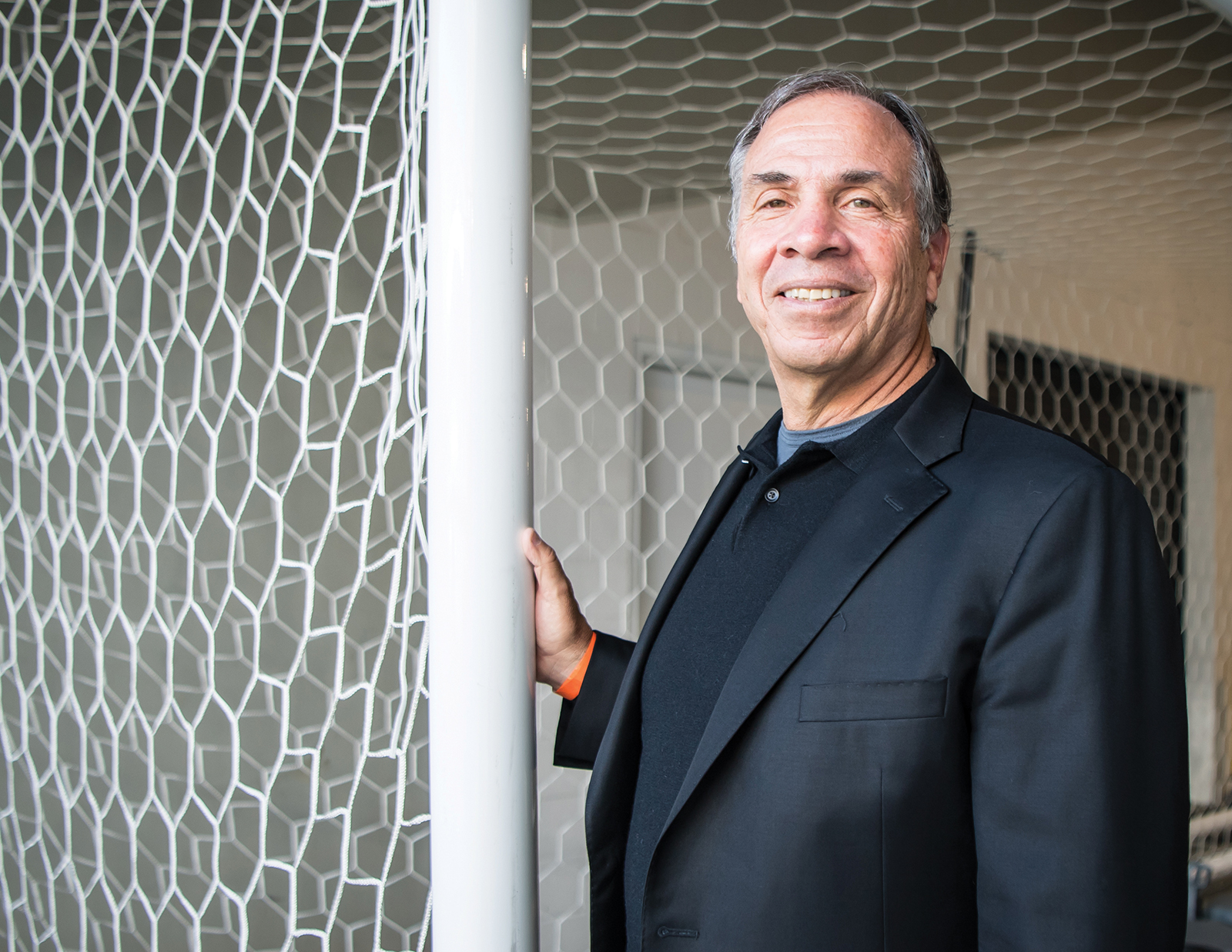Alex Israel ’06 wants to make it easier to get from point A to point B.
Alex Israel ’06 is passionate about transportation; the tagline of his new startup, Metropolis, is “The future of mobility.” Ask him his favorite way to travel, though, and he gives an unexpected answer.
“To not?” he says, laughing. “If I can avoid traveling, I want to avoid traveling. I want to be home with my family.”
The dream of staying home may seem surprising for somebody who’s built a career thinking about how people get from point A to point B. Yet, given that his main focus is parking—the part of travel that involves staying put—perhaps it’s the most fitting dream of all.
For now, it’s also an elusive one. Israel is in nearly perpetual motion these days. From his base in Venice, Calif., he’s often traveling to places like San Francisco and New York because he’s getting ready to launch his newest startup—a company so new that it’s still operating in “stealth mode.” The only pieces of information that are public about Metropolis, for now, are its name, its “future of mobility” motto, and the job descriptions for the seven-team members (such as senior engineer and director of product) he’s looking to hire as the company staffs up.
One more thing that’s public about Metropolis: If you take stock of all the Los Angeles-based tech startups that raised money in the first quarter of 2019—and considering the tech boom that’s utterly remaking LA’s west side, that’s no small number—Metropolis ranked near the top, raising $17.5 million in venture capital.












